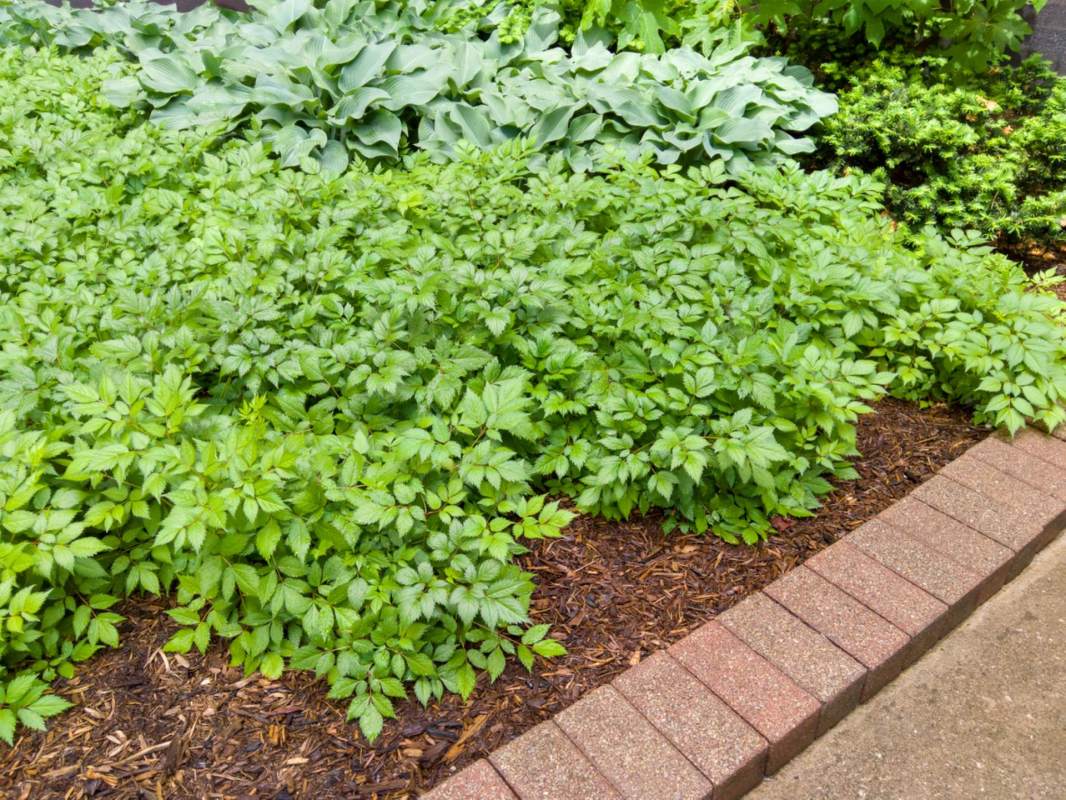One new homeowner got a nasty surprise when they discovered what the previous homeowner had opted to cover their yard with. They shared the unfortunate discovery with the members of the r/gardening subreddit with the title "Screw rubber mulch."
"Me and my husband bought a house 6 months ago and for some reason the previous owners thought it was a great idea to use rubber mulch everywhere," the poster wrote. "It's hideous. It's literal chunks of recycled tires painted red. It looks like actual pieces of garbage, because it is! We are now painstakingly trying to remove it all. Who invented this and why would anyone use it?"
Rubber mulch is, as the poster accurately describes, recycled chunks of shredded-up tires — similar to actual mulch in appearance (from a distance) but not in any other way.
While it is marketed as an easy, no-maintenance alternative to dirt, grass, and plants, rubber mulch comes with many more serious drawbacks than benefits. One article from LawnStarter on the pros and cons of rubber mulch included pros such as "permanence" and cons such as "It doesn't add nutrients to the soil," "It's highly flammable," "It's not actually permanent," and "It's toxic."
"Because rubber mulch is made from recycled tires, it may contain pieces of exposed wire," the article added.
There is also legitimate concern about the chemicals contained in shredded rubber tires getting into the soil. Even if these new homeowners do manage to remove the rubber mulch, they may still have to worry about the health of whatever they want to plant in its place.
Some of the other Redditors on the gardening subreddit got the chance to learn about rubber mulch for the first time and couldn't believe what they were hearing.
"Never heard of that, it sounds like a joke," wrote one commenter.
"I wish it was a joke," replied the original poster.
"I thought I was mad at [our home's] Previous Owners for the plastic mesh impregnated sod. What you have is so much worse. My utter sympathies," another commenter chimed in. "Looking up ways to get rid of it, and it's pretty much rake and bag and throw away."
Join our free newsletter for easy tips to save more, waste less, and help yourself while helping the planet.









